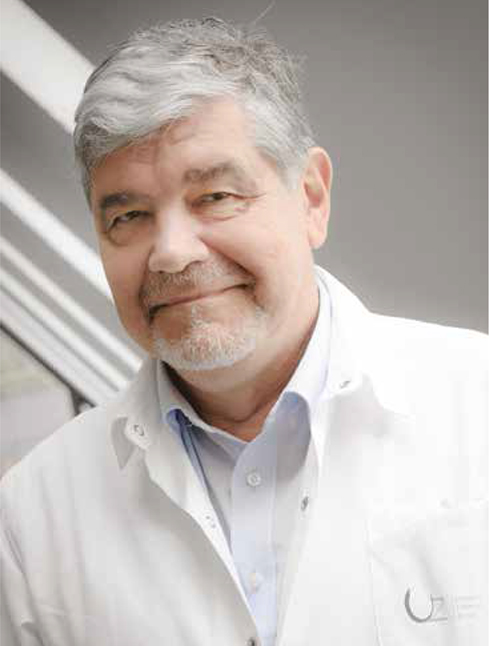Press play button to have the text read to you.

The first Review in this BJMO issue updates the molecular profiling of non-small cell lung cancer (NSCLC) and highlights the role of targeted therapies in locoregional lung cancer. It implies that next-generation sequencing (NGS) should be utilised early in the treatment process to inform therapeutic decisions, which could apply to various cancers. Baseline NGS offers insights into immediate or second-line treatment options and clinical trial eligibility in case of disease progression. It avoids scrambling for tissue for last-minute NGS when a patient progresses and avoids using targeted therapies only as a last resort. However, restrictive reimbursement policies hinder the broader application of NGS, particularly in early-stage cancers. At the same time, the cost of comprehensive genomic profiling (CGP) is relatively low—only a few hundred euros—compared to the expense of treatments. With only the reimbursement of panels of only a few genes, the RIZIV/INAMI can be perceived as short sighted.
The second Review focuses on managing castration-resistant prostate cancer, discussing how different treatment modalities can be tailored to fit individual patient profiles and preferences.
A third Review explores the surprising possibility for cancer patients who are considered cured to still serve as organ donors, detailing the selection criteria involved.
Clinical practice guidelines for rectal cancer stress the importance of testing every rectal tumour for dMMR/MSI-H at diagnosis. The paper quotes, “Nevertheless, every rectal tumor should be tested for dMMR/MSI-H at diagnosis, and an option for neoadjuvant checkpoint inhibition should be offered,” highlighting the significant impact this can have on treatment morbidity. The rarity of this profile (only 1% of patients) should not be a reason to deny these patients access to beneficial options. Thus, some patients can avoid all other treatment modalities and their morbidities.
The Oncocase introduces a rare but severe triad of immune checkpoint inhibitor toxicities known as Triple M Syndrome: myocarditis, myositis, and myasthenia gravis, which can manifest after just one cycle of therapy. Awareness and prompt intervention are crucial.
It should not be confused with the genetic 3-M syndrome.
Lastly, the editor highlights topics at the World Conference on Lung Cancer (WCLC) in San Diego in 2024.
Reimbursement news is the approval of durvalumab for first-line therapy in advanced or recurrent endometrial cancer.
Looking ahead, you are invited to the 18th Belgian Symposium on the Integration of Molecular Biology Advances into Oncology Clinical Practice on November 29–30, 2024, in Brussels and to the BSMO Annual Meeting on January 31 and February 1, 2025, in Bruges.
Yours sincerely,
Jacques De Greve, MD, PhD
Editor-in-Chief
